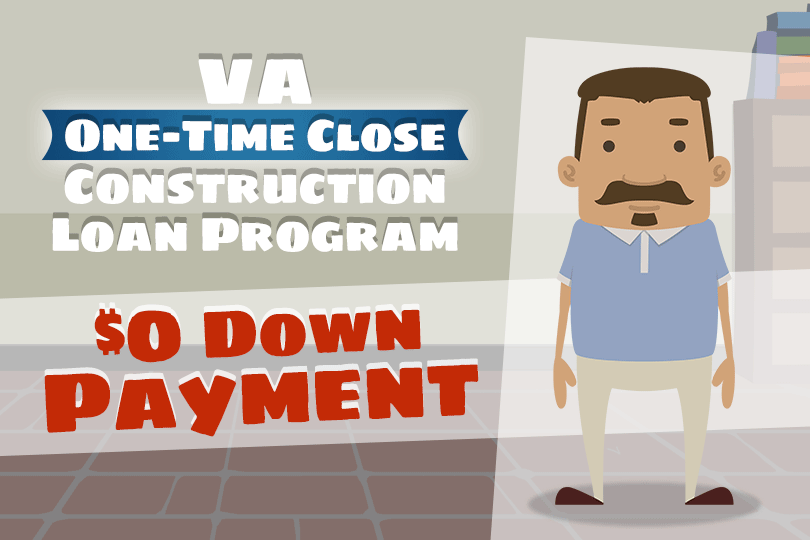How One-Time Construction Loan Funding Works
April 12, 2022
These are important details to know going into the planning stages of your mortgage. Why? Because some borrowers make plans for their loans based on certain assumptions. If you assume the wrong things you could be due for a major rethink of your mortgage.
One such assumption has a lot to do with how loan funds are accessed, disbursed, and used for the mortgage. Some borrowers might think they can do more with home loan funds than the rules permit. What’s the reality?
FHA Home Loan Funds Are Meant for Specific Purposes
When you apply for a construction loan, that application is approved for a specific amount based on the cost of building the home, plus any other permitted items to be added into the loan. For construction loans that means funds are placed in escrow and when a contractor needs to be paid, there is a draw from escrow.
Draws from escrow are not unrestricted--the borrower typically won’t have personal access to these funds.
And borrowers who may want to act as their own contractor should know that participating FHA lenders typically don’t permit this, even though FHA loan rules may allow it. Borrowers simply don’t have access to these loan funds in any way except for their intended purpose, which is to pay third-party contractors for labor, permits, and materials.
What You Cannot Do With Mortgage Money
The borrower cannot use home loan funds for unapproved purposes. That includes situations where the borrower hopes to apply for more loan than is needed for the construction project and take the remainder in cash. But the only money you can be paid at closing time is typically for items paid in cash upfront and later included in the loan amount. A refund would be due in such cases.
Under-Budget One-Time Close Construction Loans
What happens if the construction project comes in under budget? The same rules mentioned above will apply. Borrowers do not get unrestricted cash back.
The type of home loan you can get under the FHA program that features cash at closing time is an FHA Cash-Out Refinance, and borrowers who are aged 62 or older may qualify for an FHA Reverse Mortgage. That type of loan also features cash at closing time in typical cases.
------------------------------
RELATED VIDEOS:
What You Need to Know About the Appraisal Fee
The Appraisal is an Important Requirement
Build Your Dream Home With a One-Time Close Loan

FHA Loan Articles
November 21, 2024The dream of homeownership is with some from a young age. But in an uncertain housing market, some grapple with the question: Is buying a home the right move for me?
While renting offers relocation flexibility and lower upfront costs, homeownership provides a wealth of financial and personal benefits.
November 20, 2024Refinancing your mortgage offers a way to cash in on your home equity, potentially reduce your interest rate, or modify your loan term. Borrowers ready to consider have options including FHA loans and conventional loans.
While both provide avenues for refinancing, each loan type may be best for specific needs and financial circumstances. What are the differences between FHA and conventional refinance options?
November 14, 2024The home you want to buy might seem perfect, or it may have a few flaws that are acceptable in the grand scheme of things. But what about issues you can’t spot just by walking through the property a few times? A home inspection provides an unbiased, expert assessment of the property's condition, uncovering potential issues that might not be noticeable to the untrained observer.
November 12, 2024Escrow is an important feature of most typical FHA loans. An escrow account is a third-party account where borrowers deposit funds designated for property taxes and other uses. Requirements to use escrow accounts typically stems from a need to protect all parties involved in the transaction
November 2, 2024When it’s time to consider buying a home, the Federal Housing Administration (FHA) offers two popular options. One is the traditional FHA purchase loan many use to buy a house in the suburbs. But not everyone wants to buy an existing property. Some want more control over the design and configuration of the home.
The other FHA construction loan option, the one-time close mortgage, comes in here. This option is for those who want to approve floor plans, have a say in the types of materials used to build the home and choose its features.







